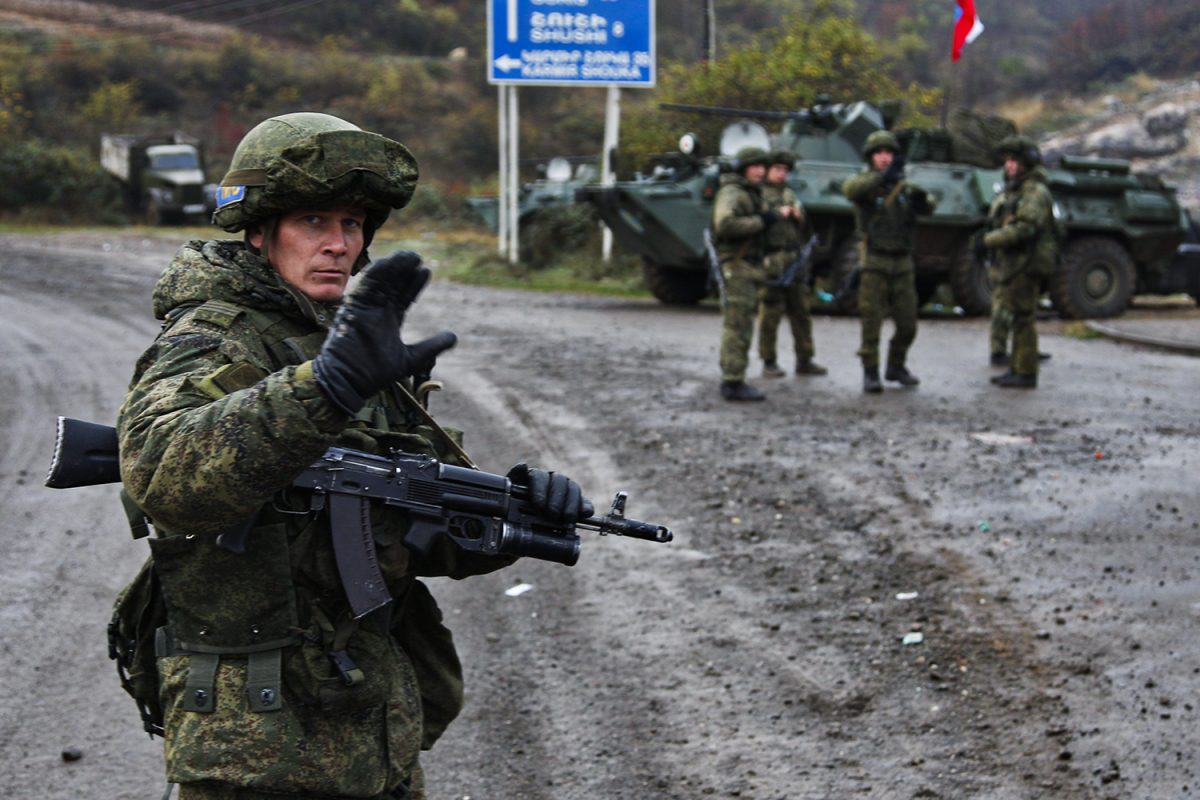The PM made the prediction during a press conference on Tuesday, warning, however, that a prospective peace deal is unlikely to include provisions on the disputed Nagorno-Karabakh area that would satisfy all parties. Yerevan is in no position to decide the fate of the breakaway region and the conflict must be settled directly between it and Baku, he noted.
“Should dialogue between Baku and Stepanakert begin?” Pashinyan stated, referring to the de-facto capital of the breakaway region, known in Azerbaijan as Khankendi.
“Will this become an opportunity to sign a peace treaty before the end of the year? I believe so,” he added.
The remarks from the Armenian PM come amid trilateral talks between top diplomats of Armenia and Azerbaijan, hosted by Russian Foreign Minister Sergey Lavrov in Moscow. All the sides have acknowledged significant progress made to settle the decades-long conflict, noting, however, that major differences still remain.
“The dynamics of the negotiation process are quite high. We must frankly say that the results are somewhat inferior compared to the dynamics of the negotiation process itself. Yet, it would probably be wrong to say that there are no positive results at all,” Azerbaijani Foreign Minister Dzheykhun Bayramov said ahead of the meeting on Tuesday.
A similar assessment was given by his Armenian counterpart, Ararat Mirzoyan, who stated that “negotiations on all issues on the agenda” have been quite intensive. The two sides have achieved “visible prospects” on certain issues, however, the diplomat added.
Following the talks, Lavrov expressed hope that negotiating would continue and yield an agreement on unblocking “vital roads” in the troubled region, at the very least.
“I hope that today’s discussions will help give a positive impetus to the negotiation process,” he continued.
The dispute over Nagorno-Karabakh dates back to the collapse of the Soviet Union, when Armenia and Azerbaijan entered a conflict over the region, which is a part of Azerbaijan with a predominantly ethnic Armenian population. The region de-facto broke away from Baku after a bloody war in the 1990s, which became the main source of tensions between the two nations. In 2020, the two countries fought a 44-day war, which ended with a Russian-brokered truce and resulted in Azerbaijan regaining control over vast parts of Nagorno-Karabakh. Since then, multiple skirmishes have occurred at the line of contact, reportedly resulting in dozens of fatalities for both sides.
Earlier this year, however, both Armenia and Azerbaijan indicated their readiness to end the lengthy territorial dispute.
